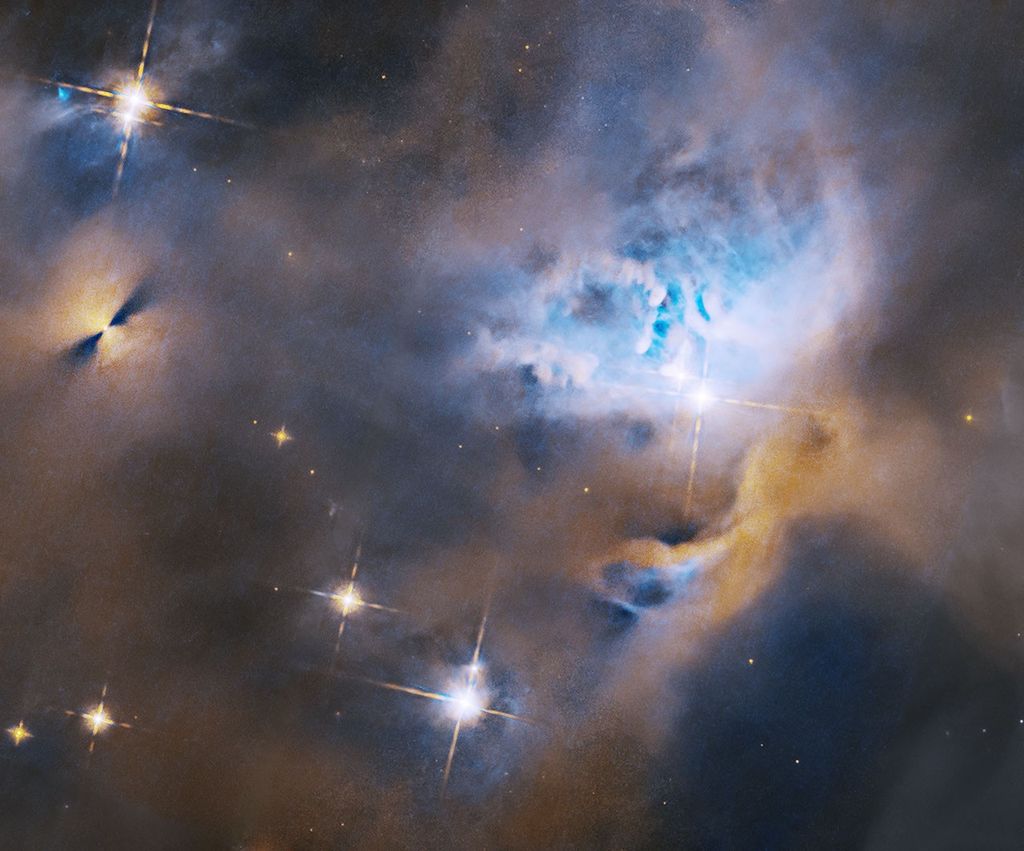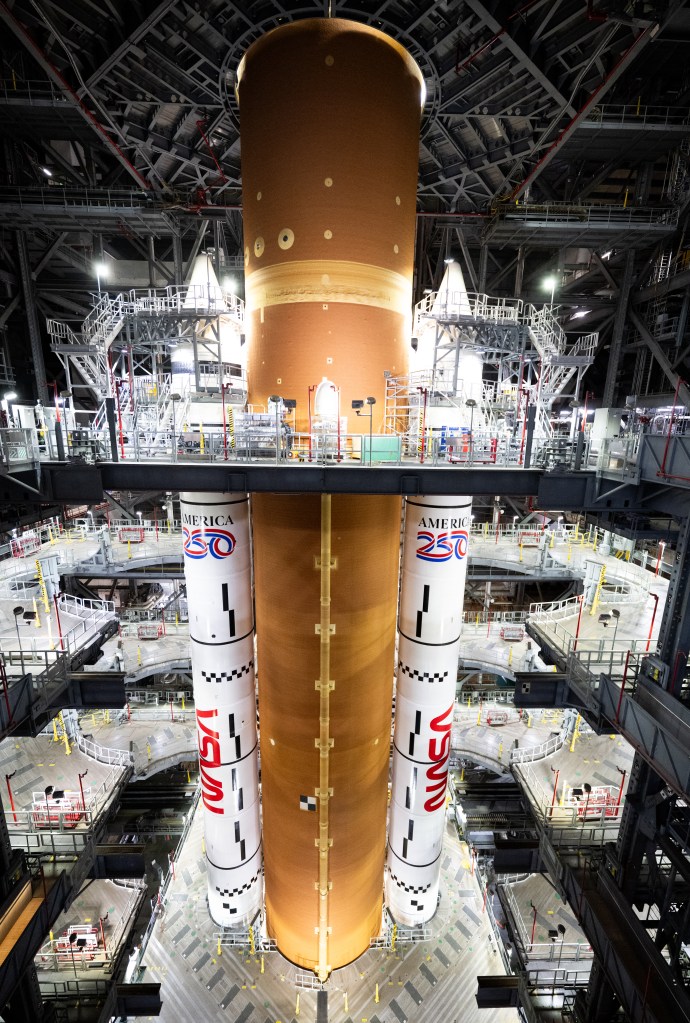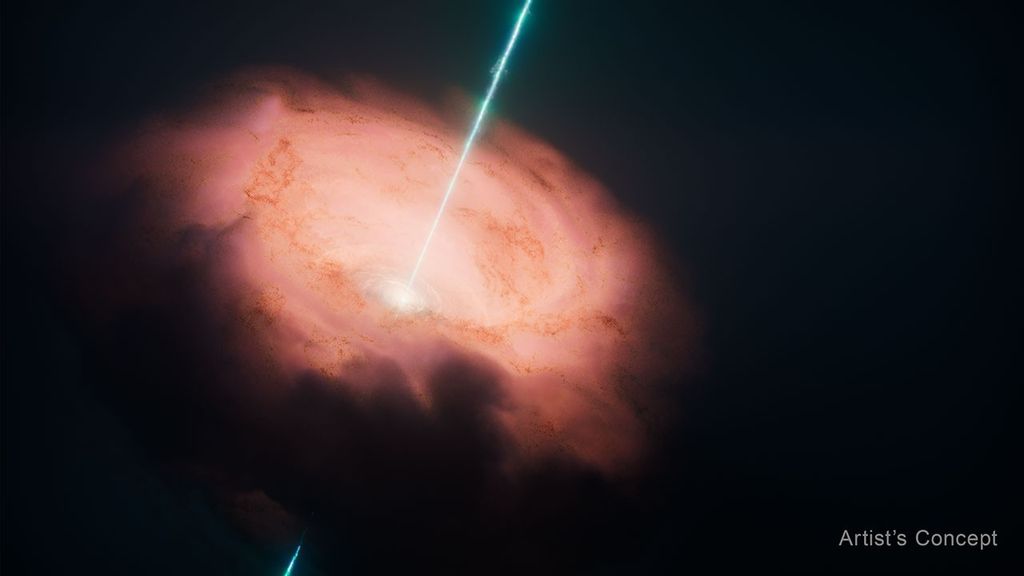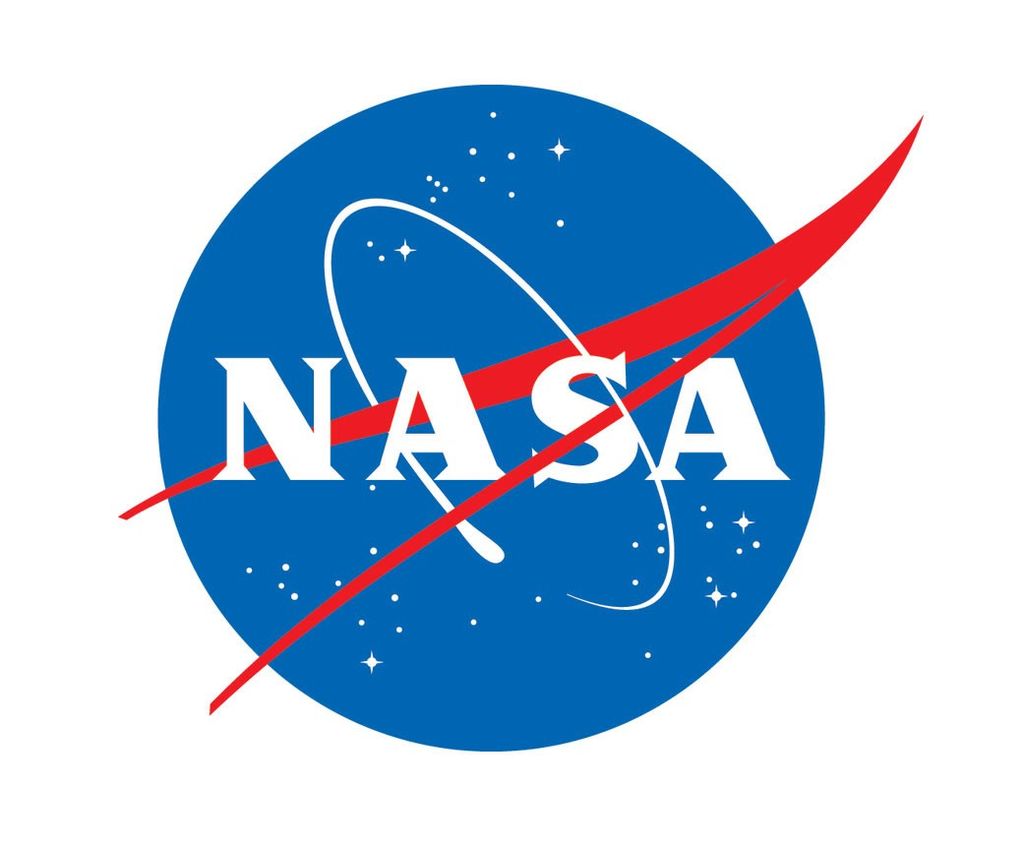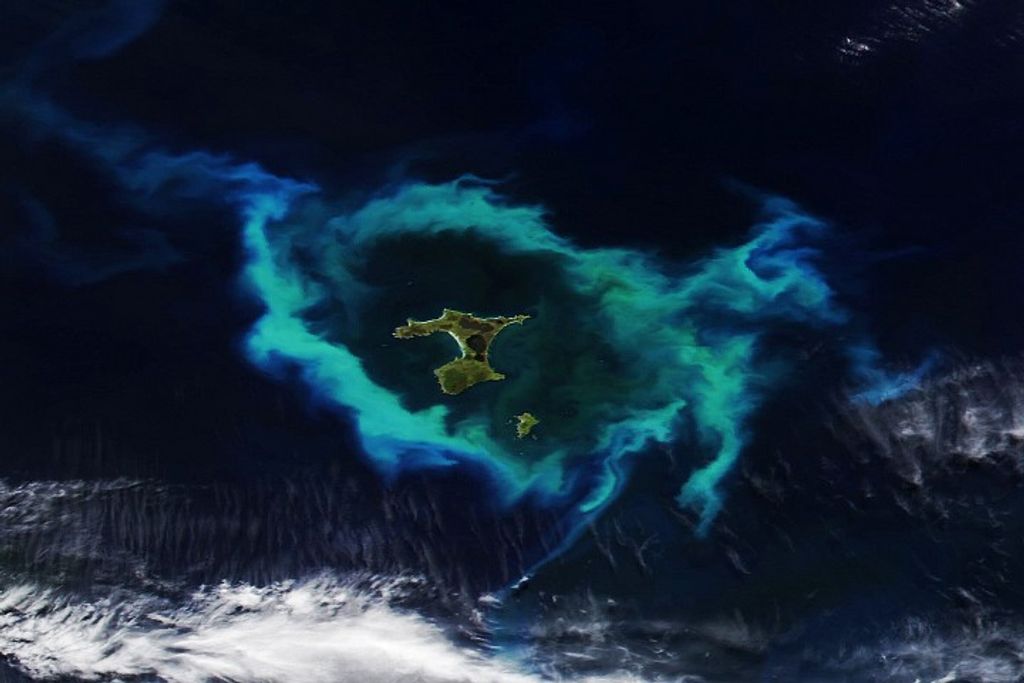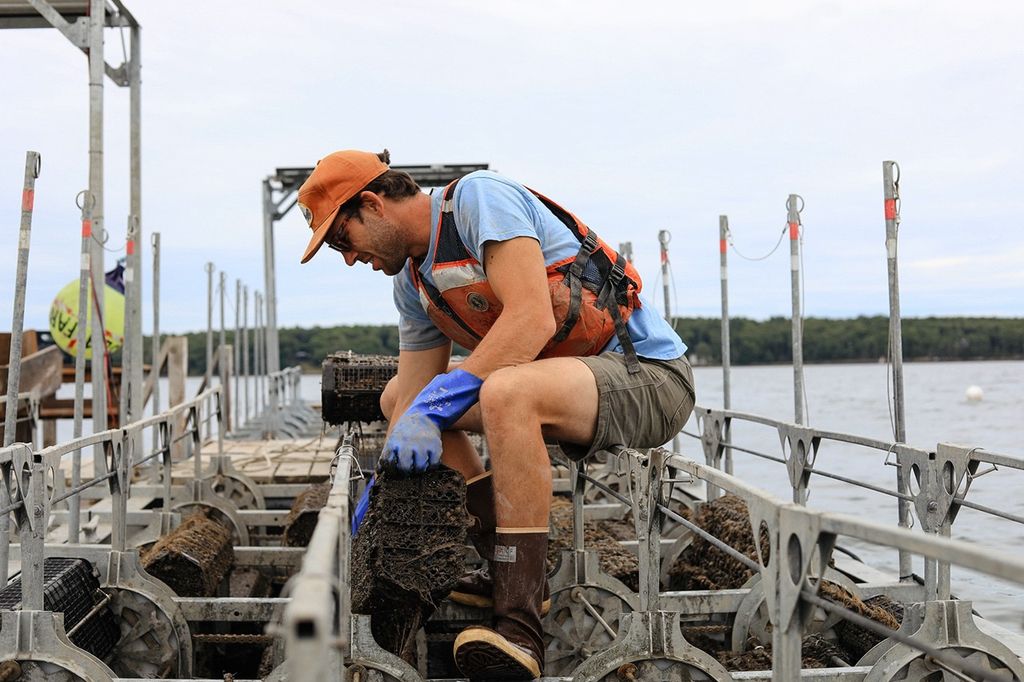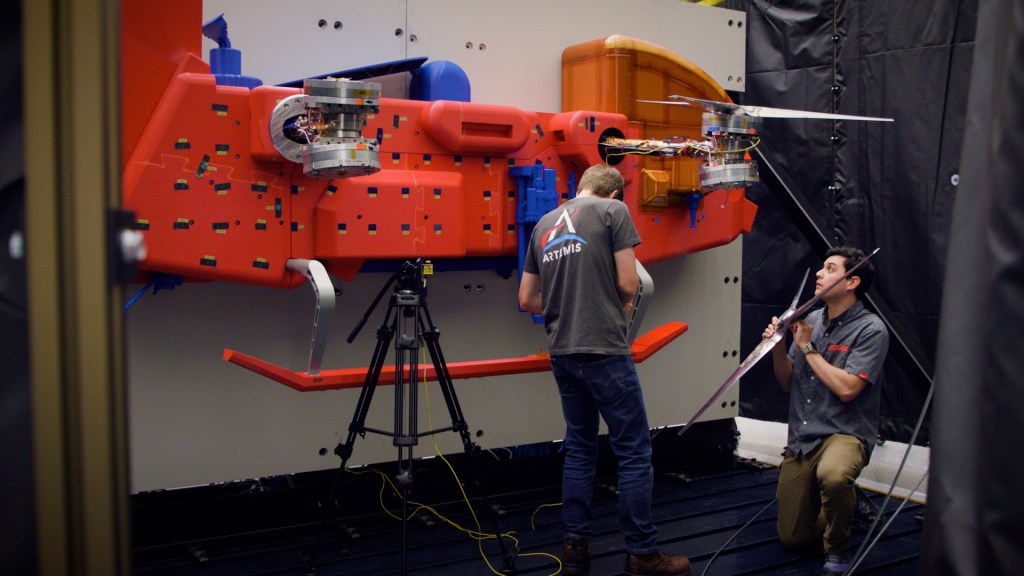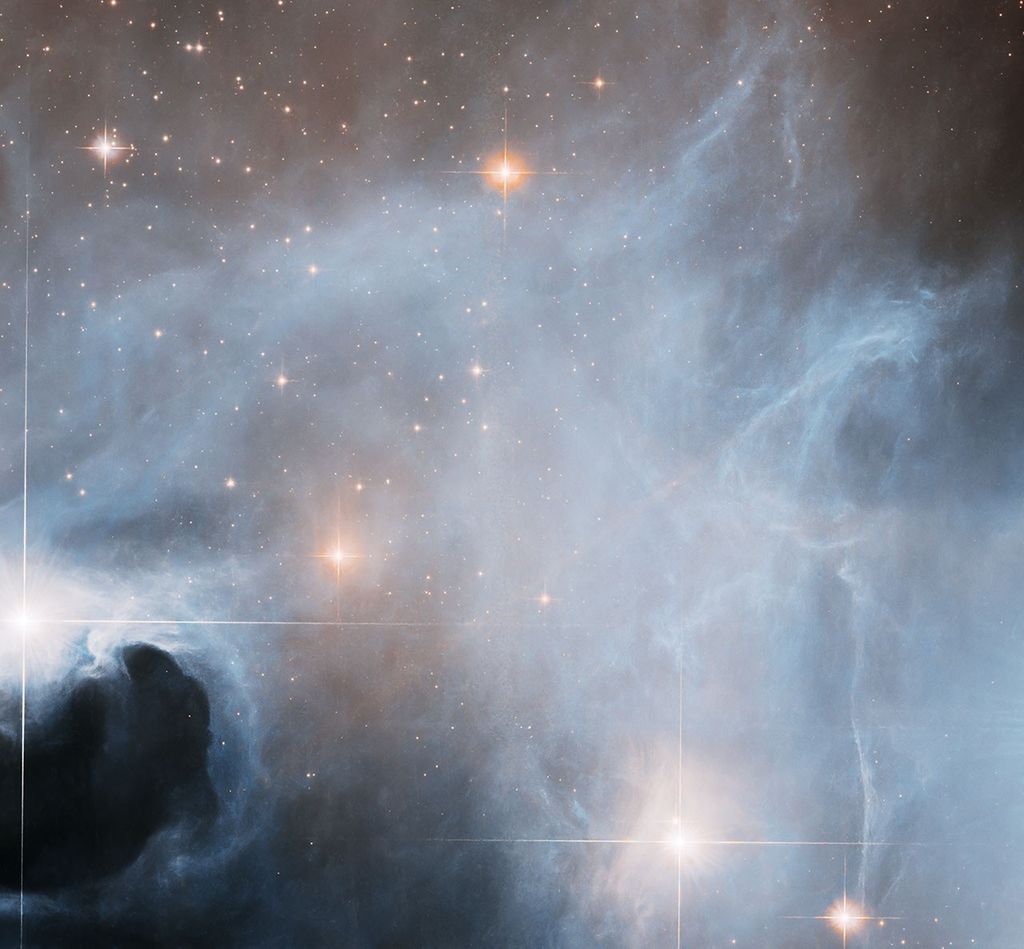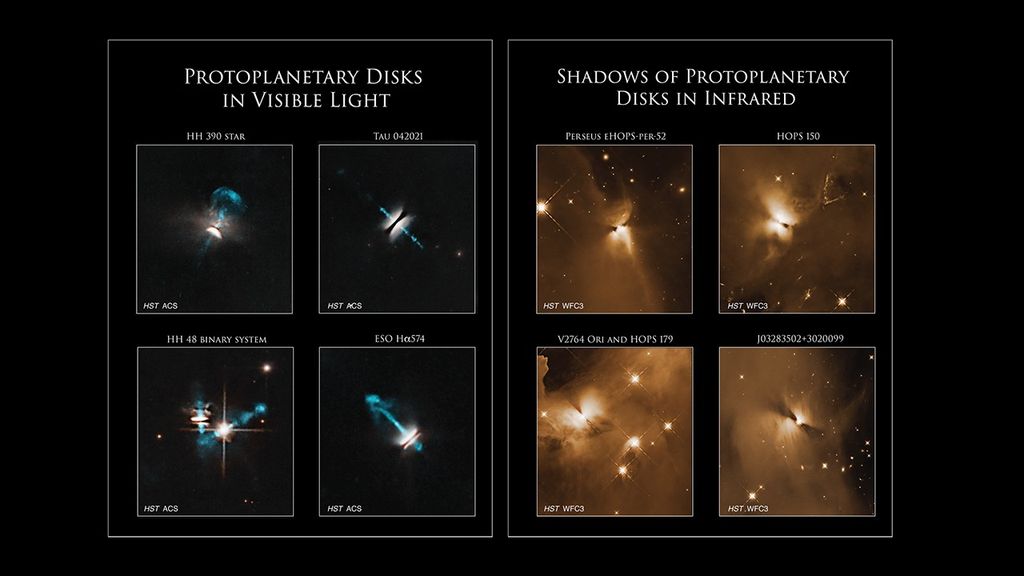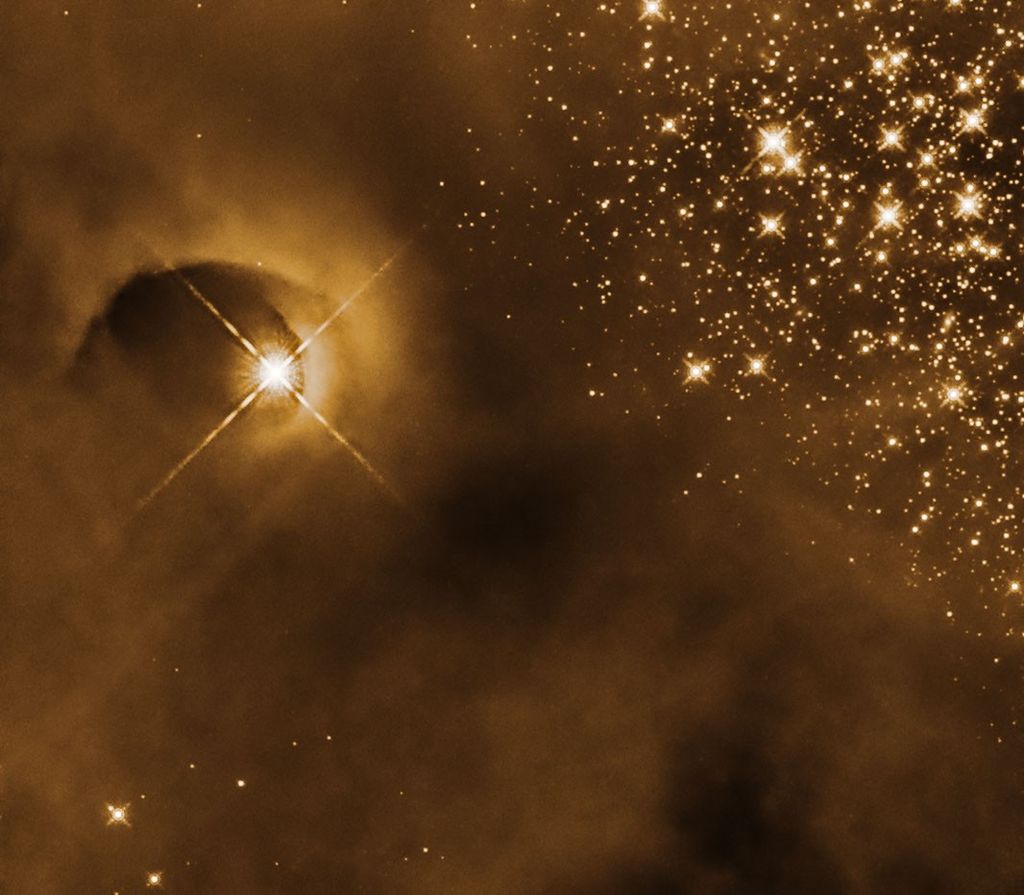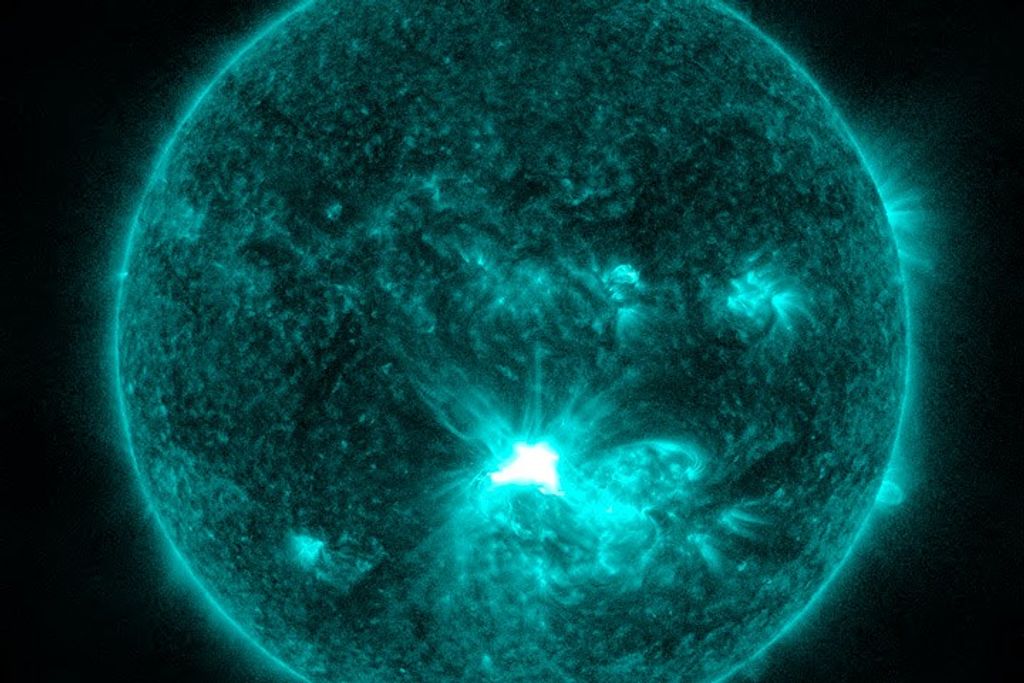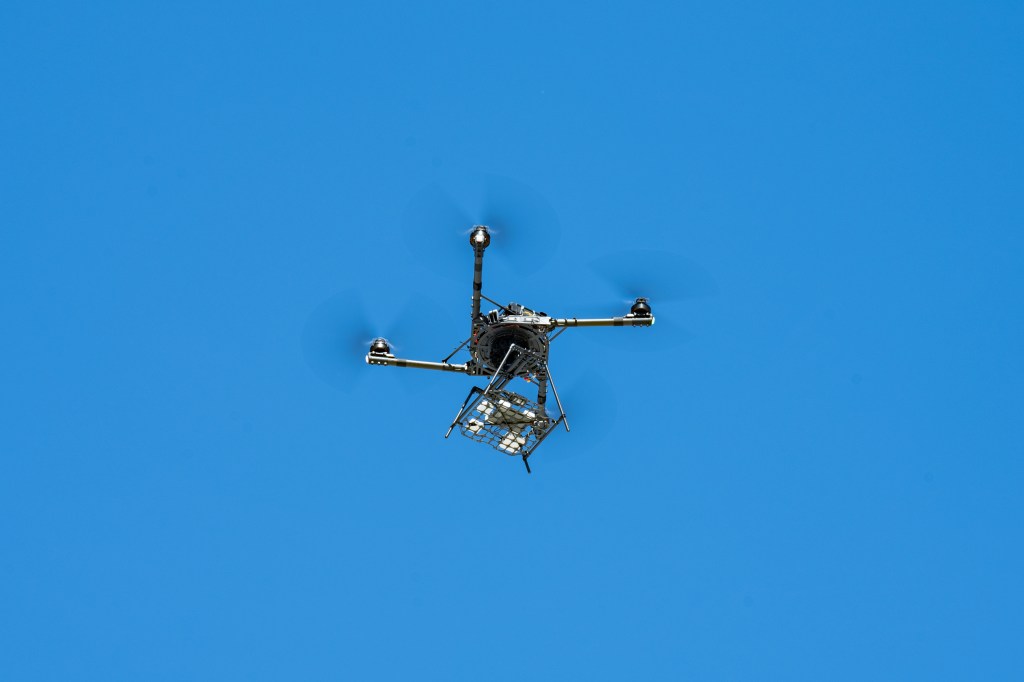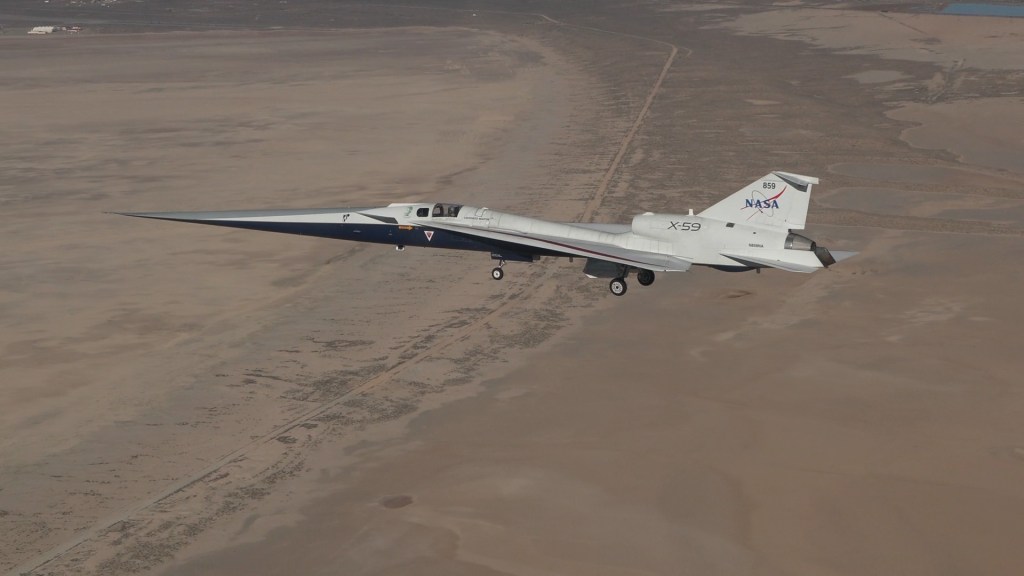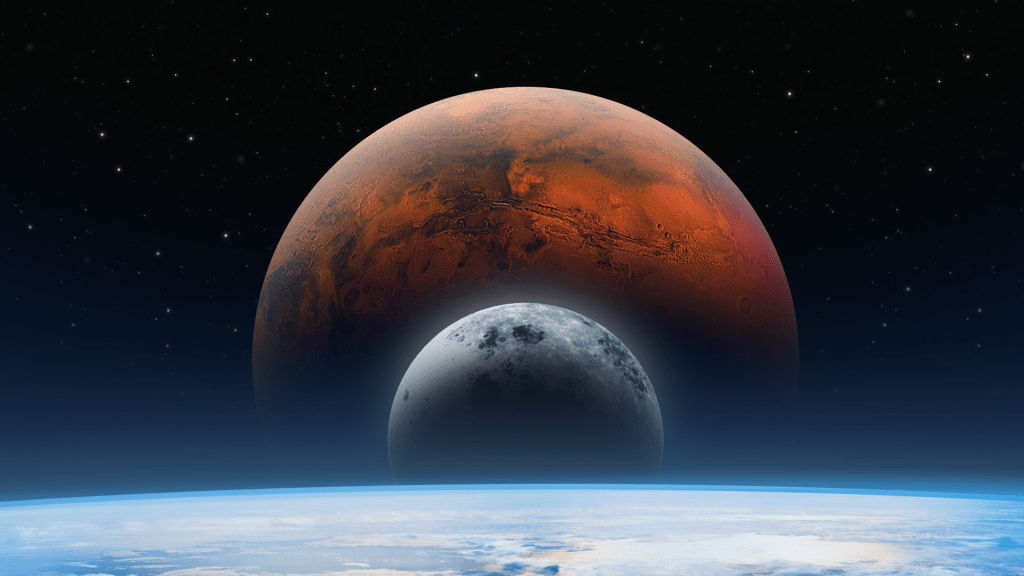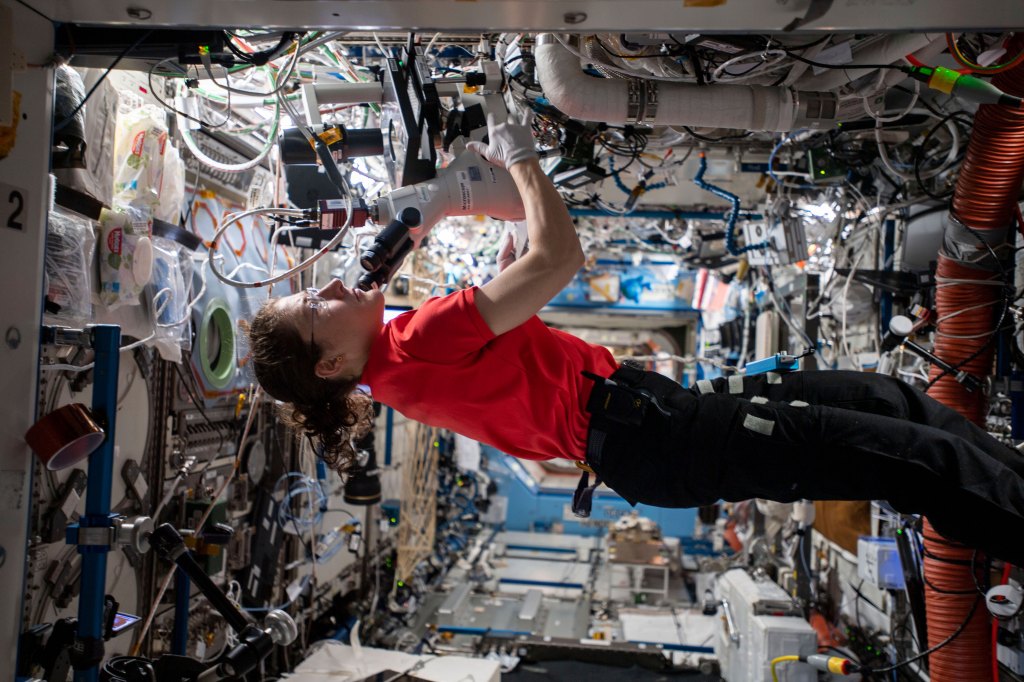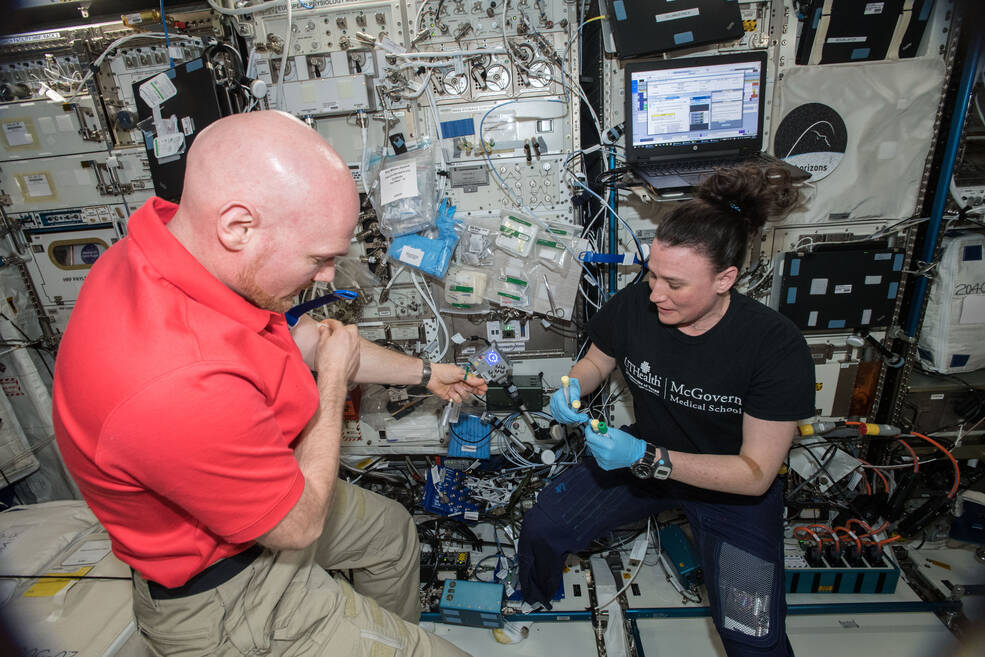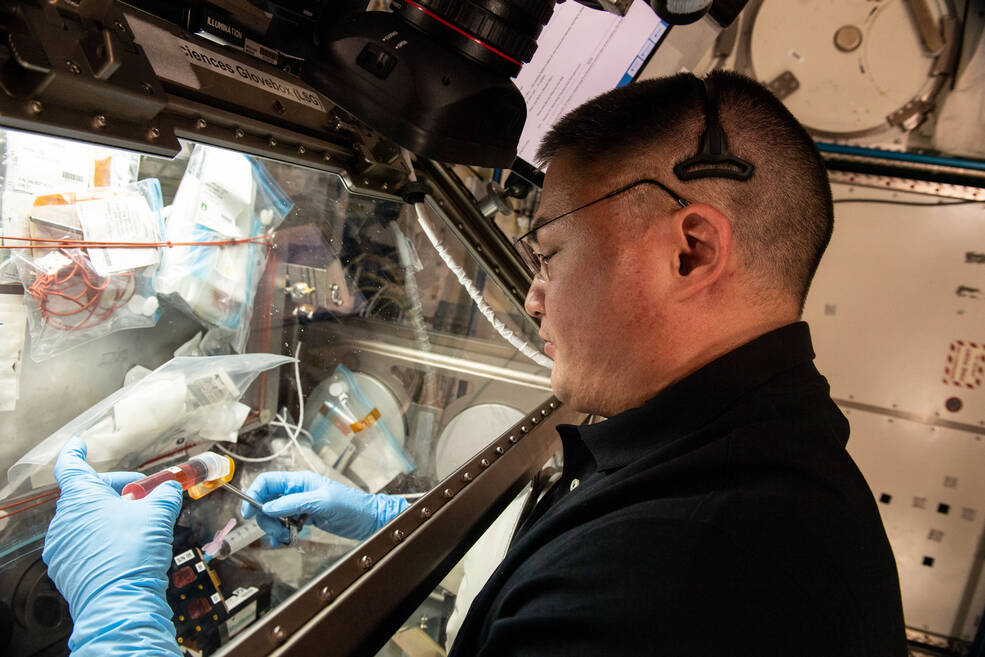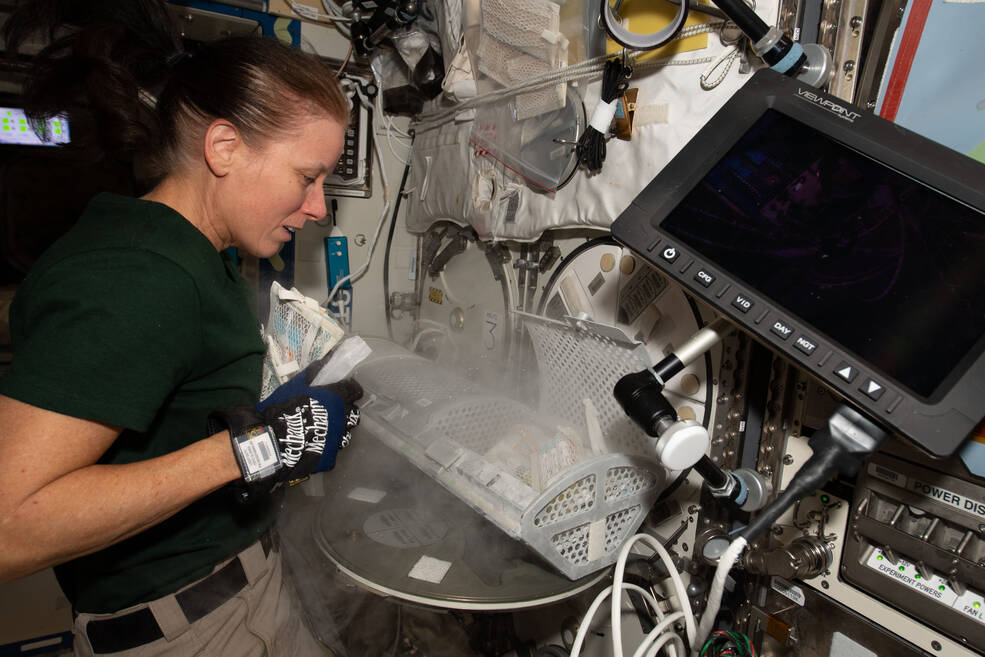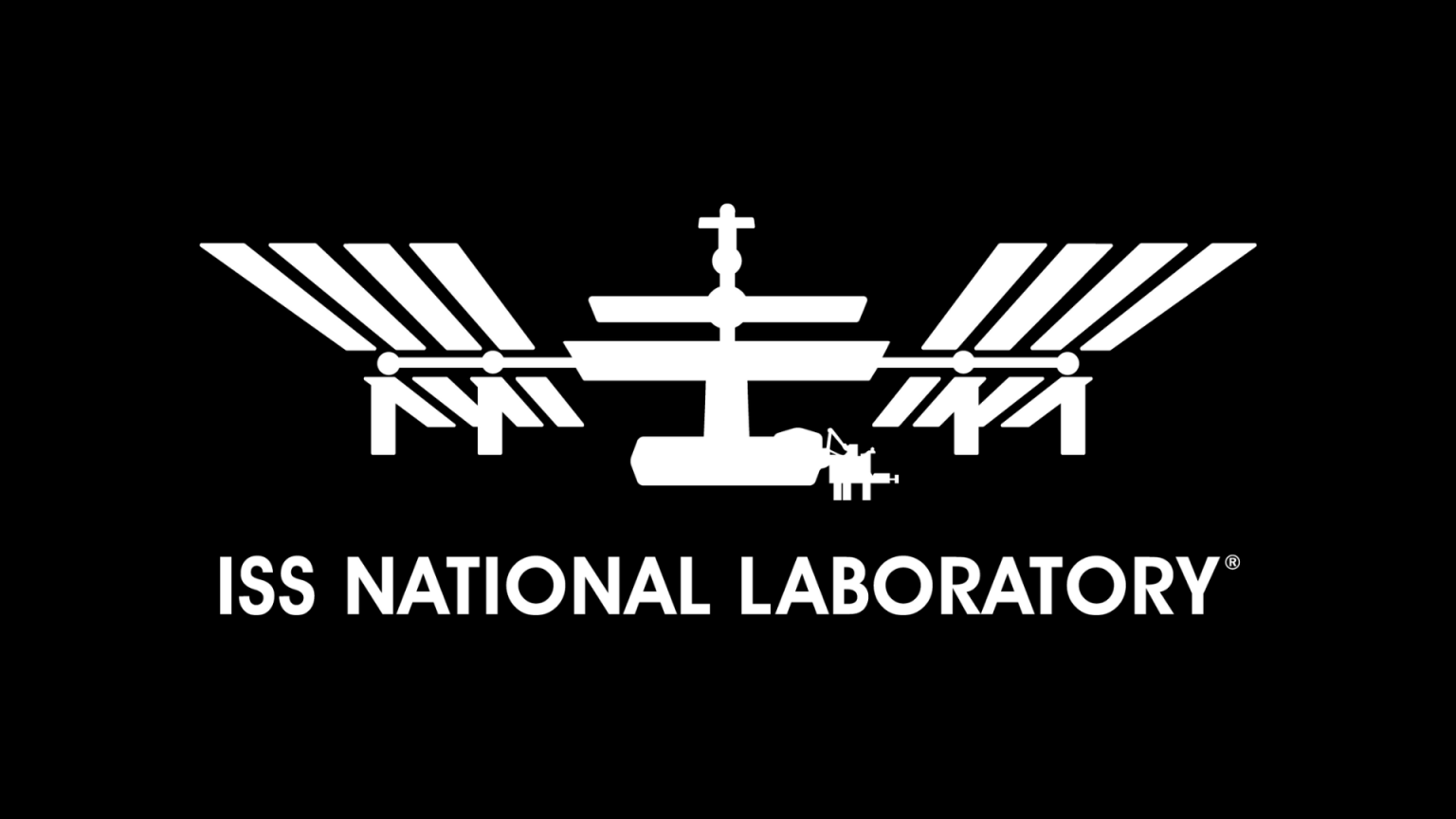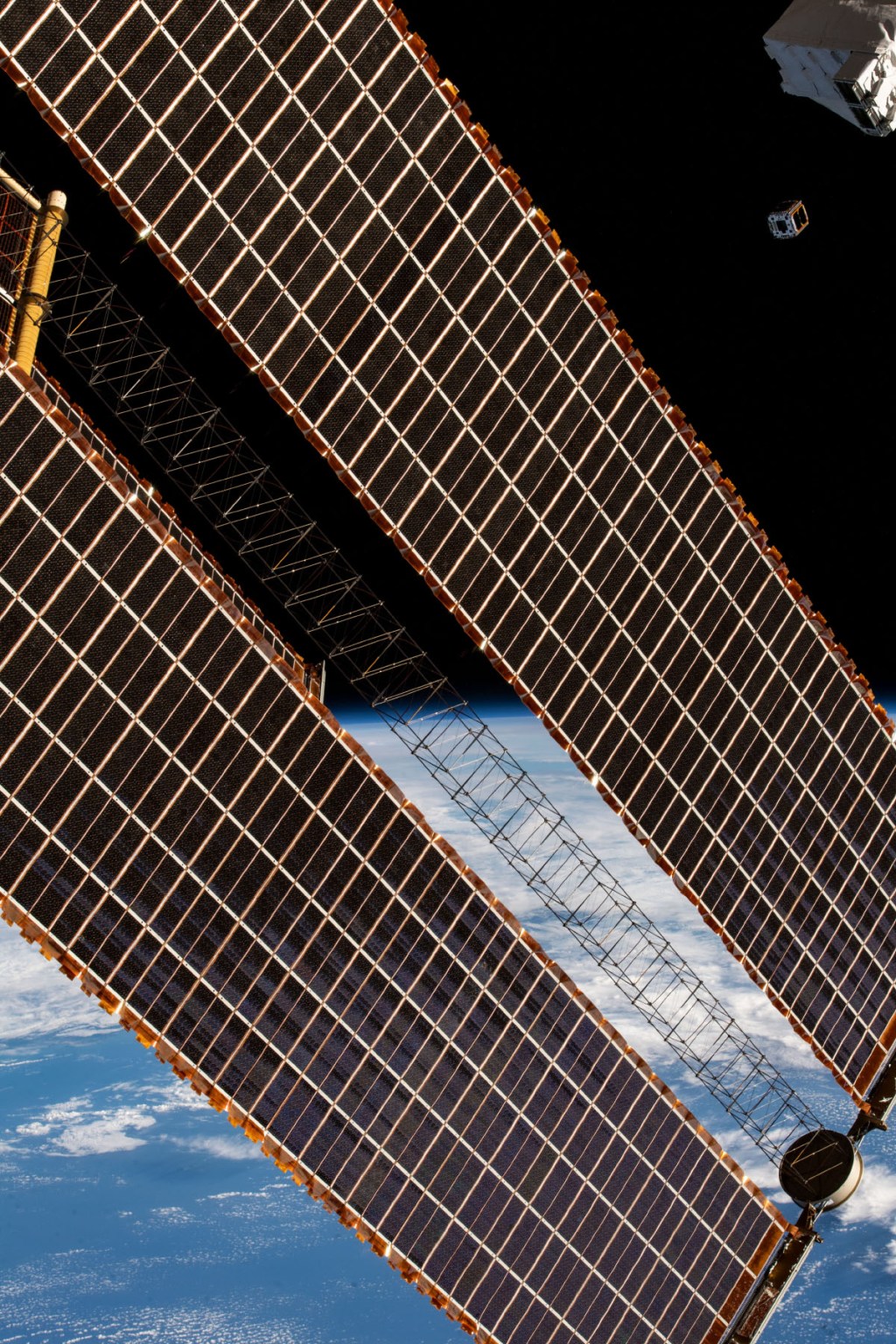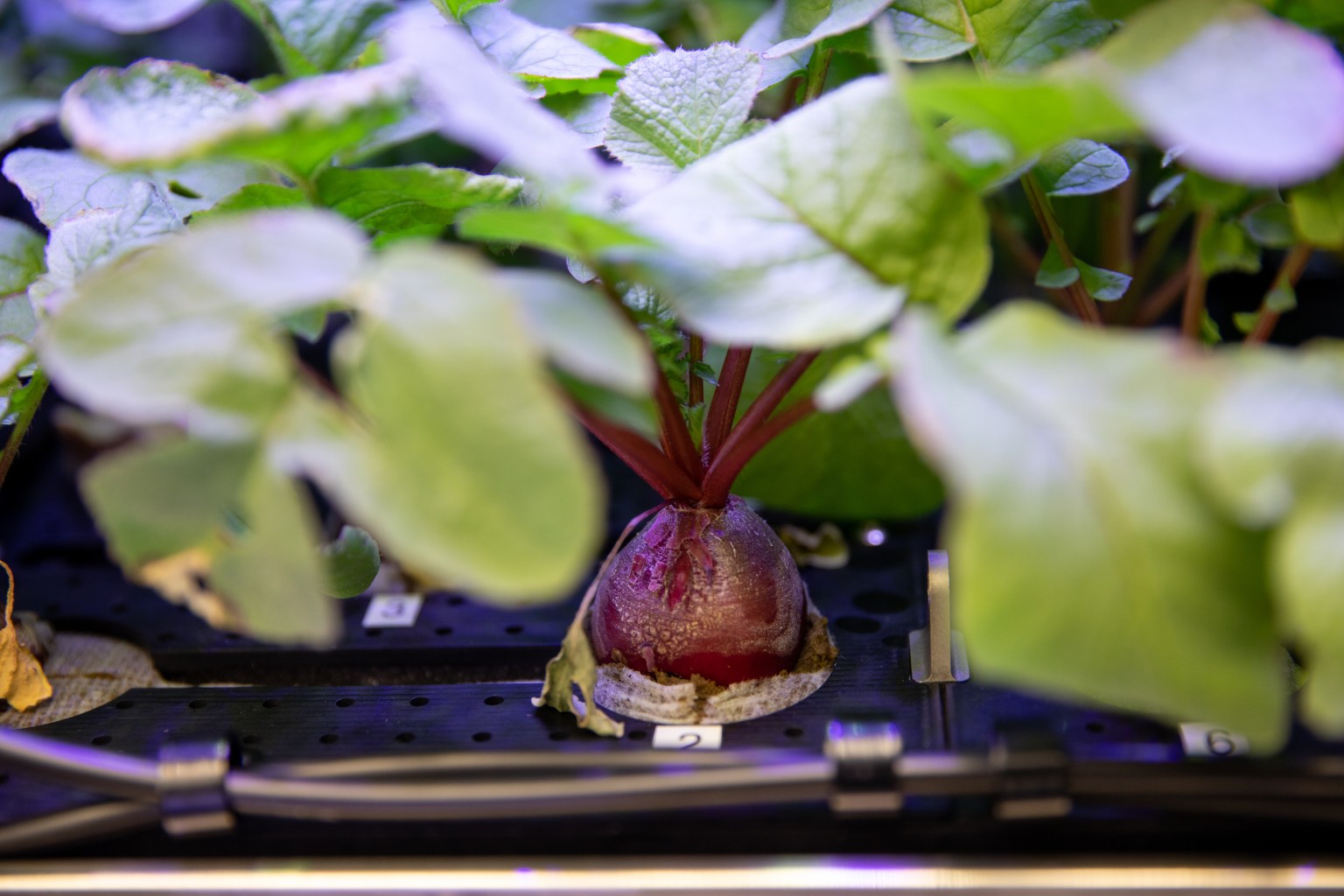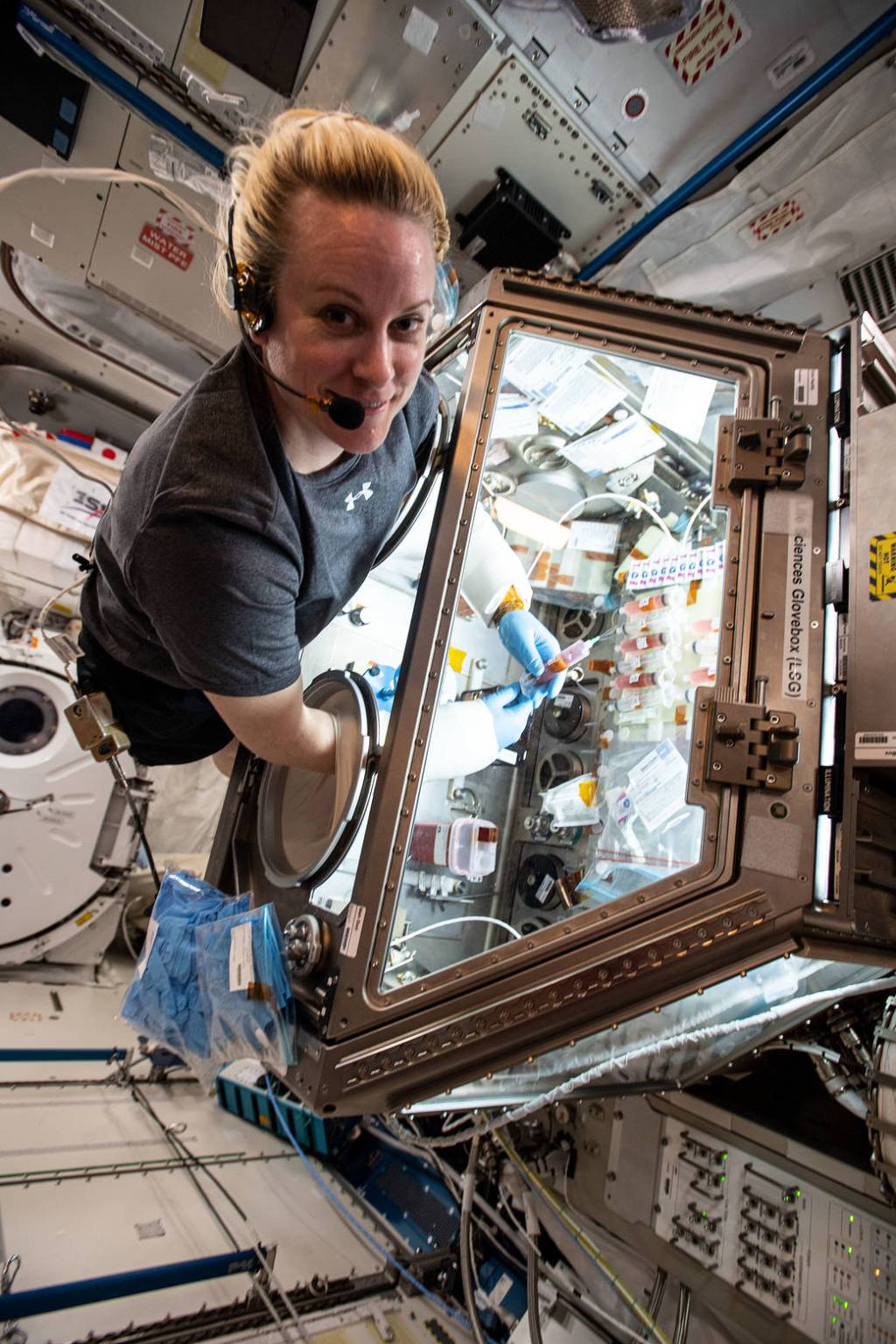Crew members aboard the International Space Station conducted a variety of scientific investigations during the week ending Sept. 8, 2023, including the ESA (European Space Agency) investigation Immunity Assay.
Space missions impose environmental challenges on astronauts’ immune systems, activating a multitude of stress responses. Ground studies have shown changes in the human body’s ability to defend against infections in response to simulated microgravity or confinement.
Immunity Assay aims to monitor cellular immune functions in blood samples of space station crew members during their mission. With the help of a newly developed collection device, researchers can execute testing in flight that previously could only be accomplished on Earth. This device allows for a much clearer assessment of the immune changes that happen during flight.
The outcome of this investigation could provide a tool for direct immune monitoring both in space and on Earth. As a screening tool, this device could help to maintain and protect the health of astronauts by providing early identification of diseases during long-duration space missions.
Microgravity can cause changes in human immune cells that resemble aging but happen faster than the actual aging processes. This process can in turn affect aged immune cells that are involved in tissue regeneration. A recent investigation, Immunosenescence, studies the immunological aging of cells, the effects of microgravity on cells involved in tissue regeneration, and whether recovery occurs post-flight.
Using microgravity as a tool to induce accelerated immune aging can provide researchers with new insight into the field of stem cell biology and could lead to the development of more effective treatments for immune system aging on Earth.
T-Cell Act in Aging, a previous investigation, was the first time scientists have been able to show that gravity is making a difference in the activation of the T-cell. A healthy body depends on T-cells to give orders for the immune system to function properly. Certain factors such as signal interruption, delayed responses or even outright cell death can cause a suppressed immune system. Results revealed that specific genes within T-cells showed down regulation—a decrease in cell response—when exposed to microgravity. This combined down regulation in the genetics of T-cells leads to a reduction in the body’s defense against infections during spaceflight in various ways. For instance, a reduced pro-inflammatory response reduces the cell’s protective reaction to initiate healing. Cells also produce fewer cytokines, which are the proteins responsible for signaling communications between cells. The cell’s ability to multiply is also reduced.
Integrated Immune, another previous investigation, assessed the clinical risks resulting from the adverse effects of space flight on the human immune system by collecting and analyzing blood, urine, and saliva samples from crewmembers before, during, and after space flight. Data from this investigation reported that astronauts experience adverse medical events, including skin rashes and upper respiratory symptoms, of varying severity during long-duration spaceflights. Researchers also identified consistent changes in metabolites and immune cell behavior associated with bone resorption, kidney stones, immunological dysregulation, and malnourishment. Results showed that without proper countermeasures such as enhanced nutrition and relevant medications, immune alterations have the potential to increase specific clinical risks for crew members during these missions.
Immuno, an ESA investigation, contributed information towards the development of pharmacological tools to counter unwanted immunological side effects during long-duration missions in space. Results indicated that toll-like receptors (TLR), which are carried in white blood cells and play a role in innate and adaptive immunity, expressed variability after flight, suggesting unique re-adaptation for each crew member. This research also showed the activation of several stress responses, indicating a pro-inflammatory state. Examination of these systems enhances researchers’ understanding of infections and autoimmune diseases.
The Immuno-2 investigation aimed to take immunology-related research a step further, providing a holistic approach to understanding the complex physiological adaptation of humans during space missions by analyzing a variety of parameters. This included in orbit, as well as pre-flight and post-flight biological samples such as blood, saliva, breath, and hair along with measurements of ECG, blood oxygen levels, activity, and psychological testing and questionnaires.
Increasing the knowledge of immune response adaptation in space helps in the development of tools to counter unwanted immunological side effects during long-duration missions. Immune system research in-orbit could also help to generate valuable treatment options for patients with compromised immune systems on Earth.
John Love, ISS Research Planning Integration Scientist
Expedition 69

